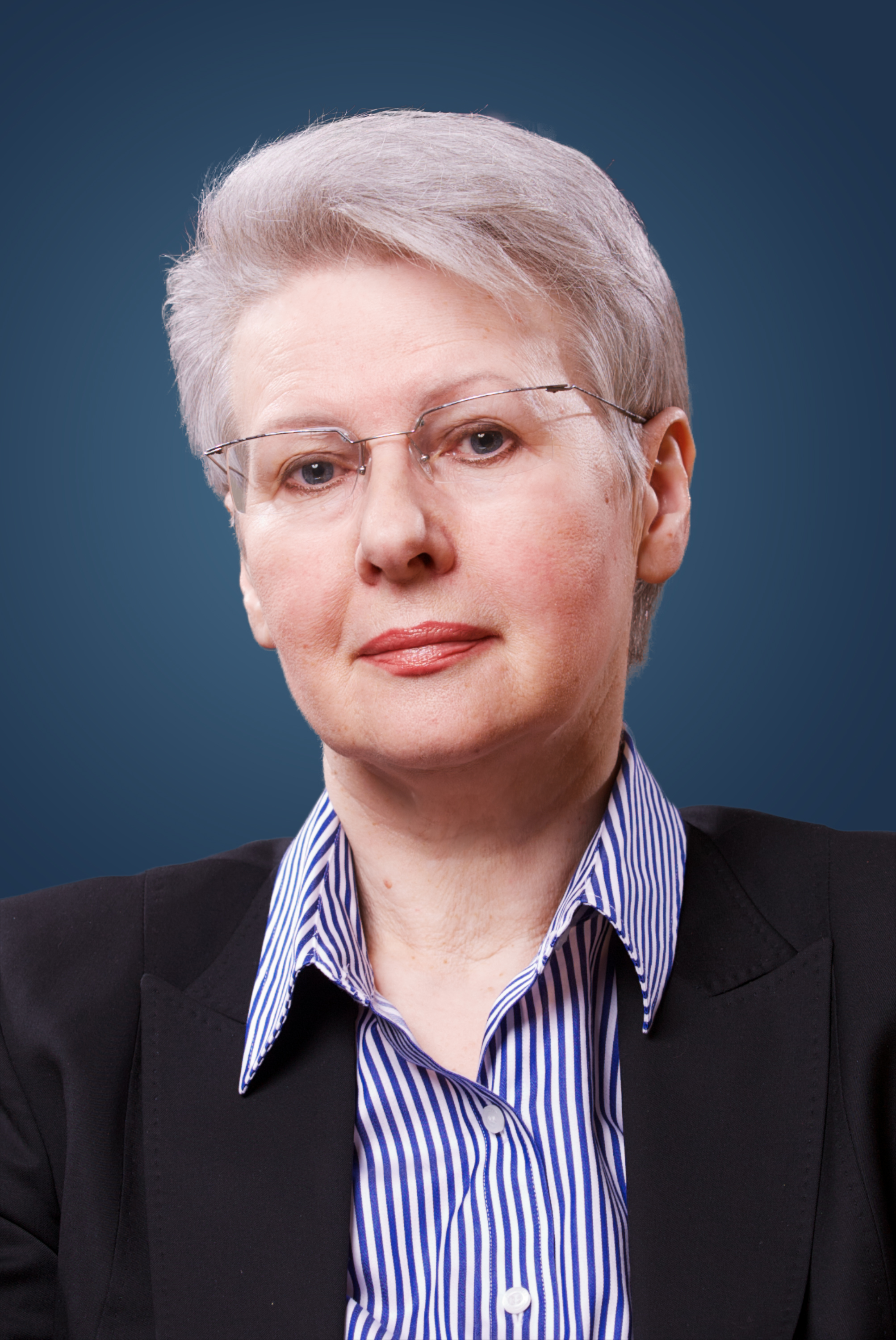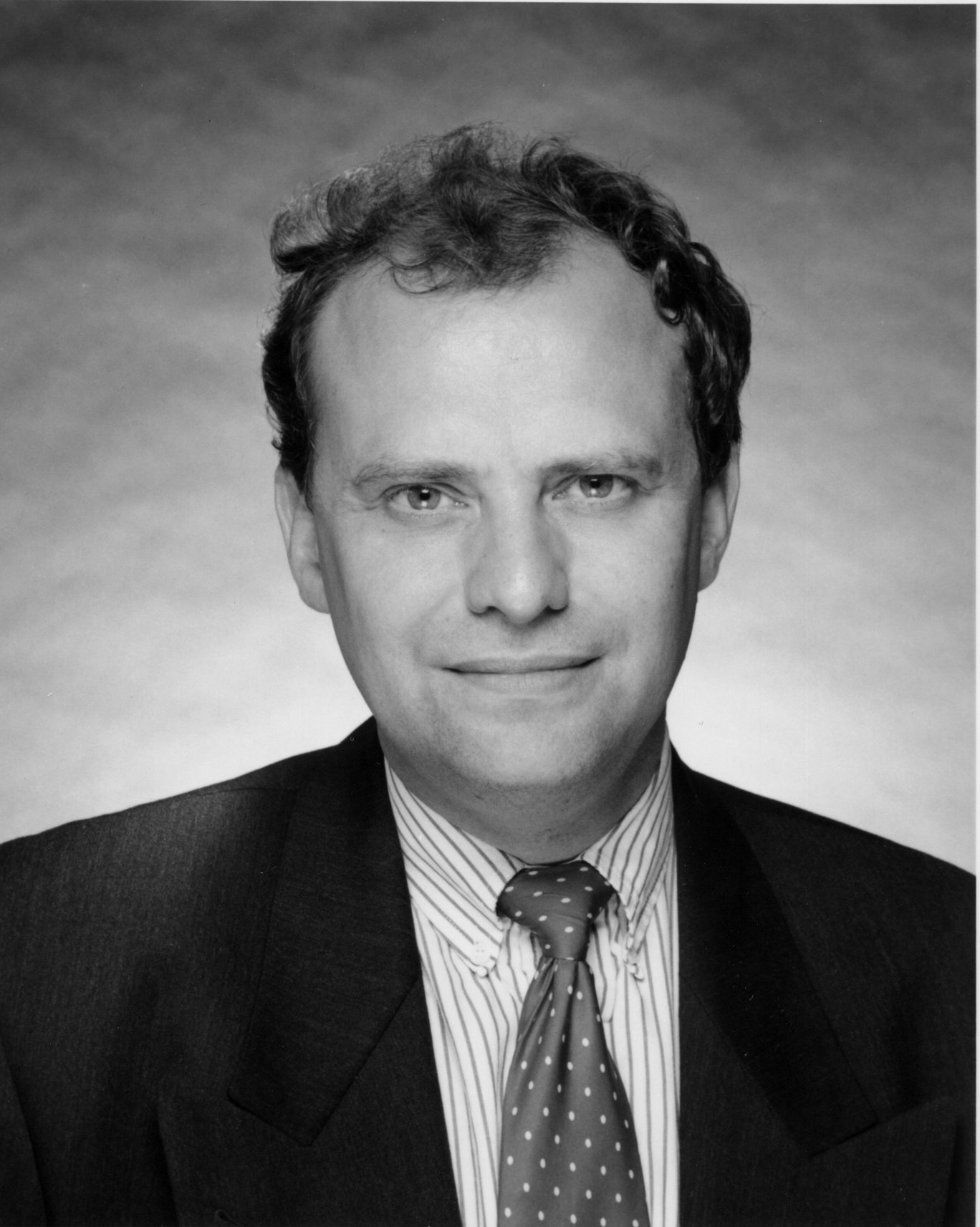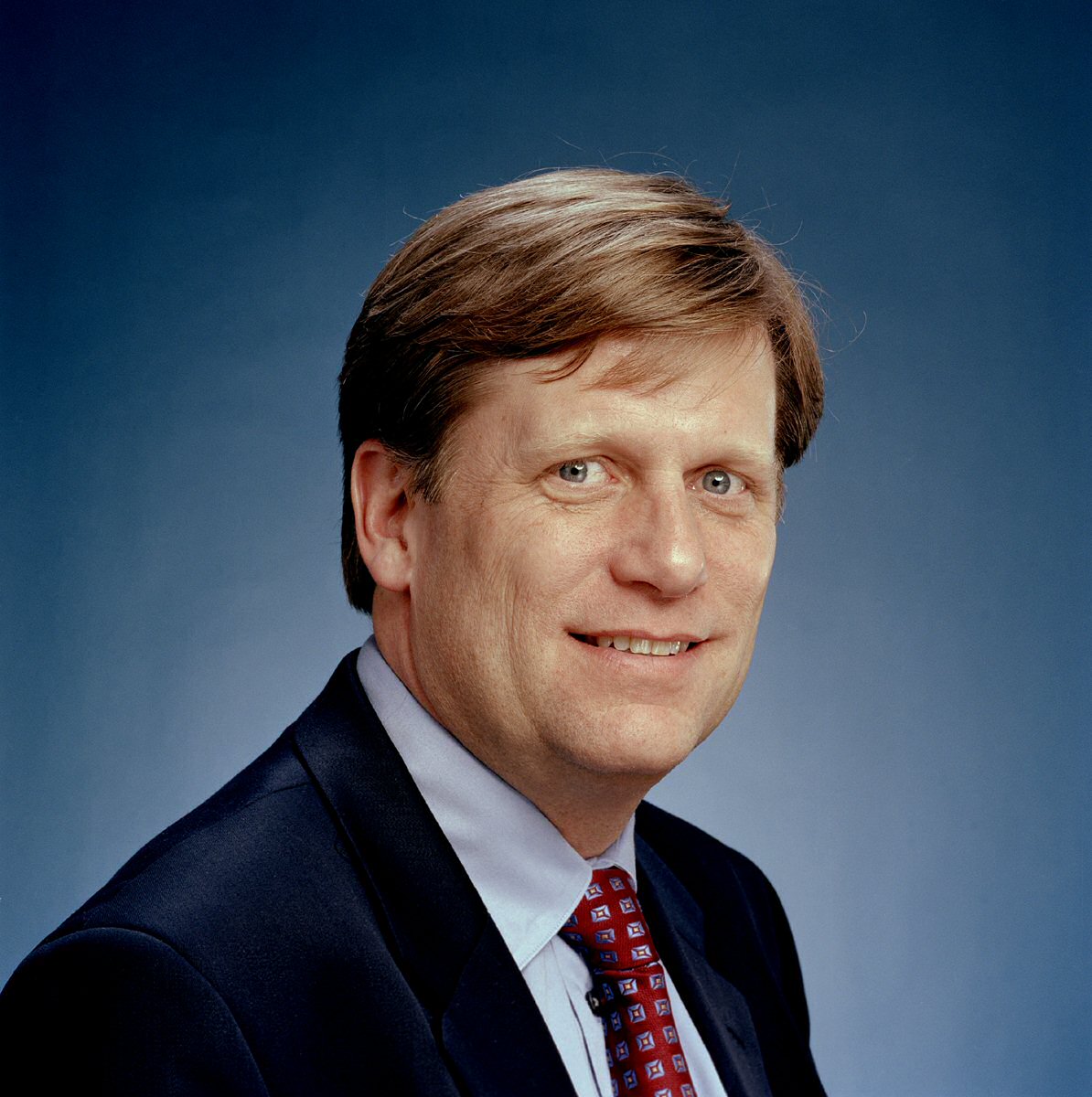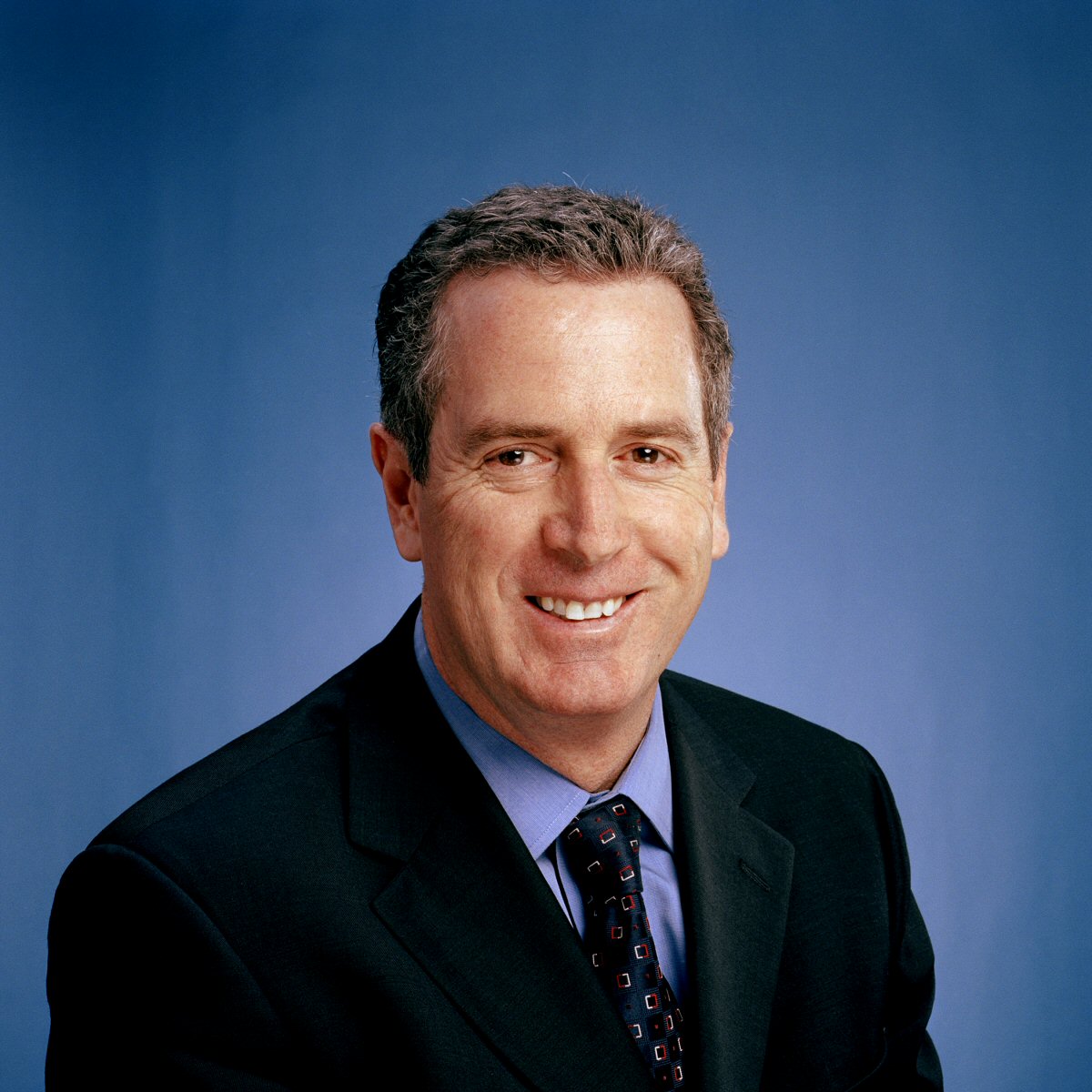{
"authors": [
"Lilia Shevtsova",
"Anders Aslund",
"Michael McFaul",
"Andrew Kuchins"
],
"type": "event",
"centerAffiliationAll": "dc",
"centers": [
"Carnegie Endowment for International Peace"
],
"collections": [],
"englishNewsletterAll": "",
"nonEnglishNewsletterAll": "",
"primaryCenter": "Carnegie Endowment for International Peace",
"programAffiliation": "russia",
"programs": [
"Russia and Eurasia",
"Democracy, Conflict, and Governance"
],
"projects": [],
"regions": [
"Caucasus",
"Russia"
],
"topics": [
"Political Reform",
"Democracy",
"Trade"
]
}
REQUIRED IMAGE
135 Days of Putin
Tue, September 19th, 2000
135 Days of Putin
On September 19, 2000 a panel consisting of Carnegie Endowment Senior Associates Anders Aslund, Michael McFaul and Lilia Shevtsova as well as Visiting scholar Stephen Holmes discussed the accomplishments of the first several months of Vladimir Putin's presidency, reviewed the impact of his policies and reforms, and made predictions about the future of Russian democracy and economy. The panel was moderated by Andrew Kuchins, Director of Russian and Eurasian Program at the Endowment.
Introduction
The discussion was started off by Andrew Kuchins underscoring the remarkable level of activity displayed by Vladimir Putin so far: "Whether he is throwing people in jail or being thrown by a 10-year-old Japanese girl in a Judo match, Mr. Putin, unlike his predecessors, has been deeply engaged in the day-to-day business of ruling Russia." The Russian president's quick consolidation of power, his choice of an economically reform-minded and market-oriented team of advisors as well as Putin's "very peripatetic foreign policy" have all been hallmarks of the last few months. Kuchins mentioned the tragic events of August -- the explosion at Pushkinskaya square, the sinking of The Kursk and the fire in Ostankino -- and hoped for a turn for the better, signaled by Marat Safin's victory in the U.S. Open. He then gave the floor to the panelists.
Michael McFaul: "The Thermidor Period"
Senior Associate Michael McFaul set out to outline president Putin's major political reforms and to evaluate the previous assumptions of Western analysts in light of the recent changes.
Leaving the discussion of the latest economic reforms and the direction of Russia's foreign policy to other panelists, McFaul still acknowledged that Putin "has done more in the first 135 days than most presidents will ever do in any country regarding economic reform changes." He also pointed out that the dynamic of Russian foreign policy has been reversed, no longer consisting solely of "Russia's defense and reaction to other people's initiatives." According to McFaul, President Putin should be given credit for this reversal, as he has removed vexing issues like START II from the agenda and "offered alternatives to projects, such as NMD, that force others to react."
Turning to the political sphere, Michael McFaul called the changes in Russian political system both "radical and unexpected." He identified six kinds of relationships, which have been affected dramatically by Putin's rise to power. The first one is "the threat of state collapse" and the link between Russia and Chechnya; the public perception that Chechnya will eventually separate from Russia has essentially disappeared. Secondly, the relationship between the president and the Duma is now fundamentally different from the one that had existed under Yeltsin, and McFaul predicted that we would see more initiatives weakening the Duma and political parties in the fall. The third radical change occurred in the composition of the Federation Council and the power exercised by this institution. Fourthly, the center-regional relationship has been altered dramatically, as the president has gained "the power to remove governors and dissolve regional legislators." According to McFaul, this change has been "the biggest setback for what little fragile democratic institutions were alive before Putin." Changes in relations between the president and the media are also significant and quite vivid due to high-profile cases of ORT, NTV and Babitsky. Finally, Putin's treatment of the so-called "oligarchs" has been very different from Yeltsin's cooperation with them.
Summarizing these six radical changes, McFaul proposed that "every major center of autonomous political power in Russian polity that we knew twelve months ago has been weakened as a result of Putin coming to power." He then turned to the evaluation of the previous assumptions made by Western experts on Russia. McFaul argued that the analysis of the balances of power in Russia had been wrong. He posed that "we misinterpreted weak leaders for weak political regime as a whole," that the ability of changes at the top to shake up the whole system was underestimated, and that too much attention has been focused on alternative power structures, such as oligarchs and regional leaders. To that McFaul added a controversial statement, that "we underestimated the importance of the opposition of institutions like the Duma during Yeltsin years," which is evident now that this institution is in cahoots with the president. In other words, during the Yeltsin years, the analysts had wrongly "assumed a weak state and a weak society." The recent attack on alternative political institutions, the struggle for ownership and control of the media and the continued domination of the stock market by two state-owned enterprises proves that the power of the Russian state has been greatly underestimated.
The other assumption McFaul argued against was the emphasis on continuity from Yeltsin's to Putin's presidency. Instead of looking for similarities in either Brezhnev or tsarist periods in the Russian history, McFaul proposed that the metaphor of "partial revolution, or Thermidor period" was more appropriate. He pointed out that the Communist/anti-Communist divide is now over in Russia, but, as in any other "Thermidor periods," no one is quite sure what has replaced it. McFaul also stressed that principles and ideology are not as important to Putin as they had been to Yeltsin. Instead, Putin is focusing on "interests and institutions." McFaul concluded his presentation by warning the audience against making the assumption that "all revolutions need Thermidors."
Lilia Shevtsova: "Yeltsin's terminator" or "disciplined Yeltsinism"?
Senior Associate Lilia Shevtsova started by saying that she wanted to add some touches to the "vivid and provocative picture" painted by Michael McFaul in the previous presentation. Shevtsova first focused on the "continuity vs. change" debate, and then discussed several constraints and challenges faced by Putin and his government.
Going back to the time Putin was appointed prime minister by Yeltsin, Shevtsova pointed out that he was very cautious and that he "tried to remain in Yeltsin's shadow." However, after gaining legitimacy at the elections and from high approval ratings, Putin decided that if he ever wanted to stop being "a puppet on a string," it was time to cut the link between Yeltsin and himself.
To free himself from Yeltsin's inheritance, Putin first "tried to create his own parallel structure of power," consisting of "mega-districts" and his own envoys. He soon realized that this did not give him enough room to maneuver. Shevtsova proposed that at this point Putin "really attempted to make an anti-Yeltsin revolution; he began to behave as if he was Yeltsin's terminator, trying to dismantle the major elements and principles, the whole atmosphere of Yeltsin's elected monarchy."
"How far has Putin gone in breaking away from Yeltsin's influence," asked Shevtsova. First, he tried to abolish the "major principle of Yeltsin's rule -- the atmosphere of mutual acquiescence, mutual tolerance." Secondly, Putin attempted to do away with Yeltsin's shadow system of checks and balances, and instead began installing an "absolutely different model and mechanism of governance, based on rigid compliance, discipline and obedience." The balance of power within the system has not remained unchanged, either. While Yeltsin depended on technocrats, pragmatists and oligarchs, Putin has tended to rely on bureaucrats. Unlike his predecessor, who thrived on revolutionary atmosphere with its lack of accountability and ease of administrative reshuffling, Putin wants to end the revolutionary cycle and dislikes constant reshuffling. Shevtsova saw another discontinuity in the president's attitude towards special services. While Yeltsin hated using security services in politics, Putin is certainly more inclusive: "For the first time in Russian and Soviet history, he introduced the special services as representatives, as people and as an institution in the political decision-making process." Lastly, Shevtsova noted that Yeltsin used anti-Communist ideology to consolidate power, while Putin openly "demonstrates that he is absolutely not ideological, that he is at ease with everybody and can form alliances with anybody, including Communists."
In other words, Putin has "demolished the atmosphere, style, rhetoric and principles of elected monarchy, leaving only the shell intact." Through intimidation and fear, he has achieved "absolute victory," as no rivals are now left standing. But can this victory be the foundation of his future sustainable regime? Indeed, Shevtsova proposed, there are many constraints and challenges that the Russian president is already facing or will face in the near future. One of them is Putin's limited political experience. The second challenge is Putin's lack of a coherent team of advisors. Shevtsova argued that there are several different teams with separate plans competing over influence on the president. Even these teams seem "unprepared to leave the tactics of the pre-election cycle," and thus handle issues like administrative and legislative reforms impulsively. The third constraint on Putin is also his ally -- bureaucracy, "the most effective gravedigger of all Russian reforms."
Putin is also on the verge of the fourth trap, according to Shevtsova. If he ever succeeds in concentrating all the resources in his hands, "he would then be omnipotent and responsible for every little mistake" in any part of his vast country. In this situation, it is easy to lose the approval rating and legitimacy. As Shevtsova noted, "every [Russian] politician should be afraid of August." For Putin, this past August was the "moment of truth." However, he did not learn his lessons, he did not understand how to handle a crisis situation, and thus lost 12 percent in approval rating. "We still do not know how Putin will behave when he is threatened, weakened or failing." Shevtsova offered three alternative scenarios for this situation: Putin could follow Yeltsin's tradition of bargains and tradeoffs; he could introduce more aggressive means to reassert his power; or he could turn to building institutions and consensus with society. It is too early to make predictions on Putin's choice of policy, Shevtsova decided.
The final dilemma discussed by Shevtsova concerned the future of Putin's project. She argued that the president's grand approach, based on fear and compliance, is doomed to fail and that most likely Putin would construct something resembling "disciplined Yeltsinism" -- an elected monarchy with authoritarian symbols or impulses. The problem, however, lies in the fact that Russia cannot afford either the failure or the success of Putin's project. Russia does not have any powerful democratic alternatives to Putin's project, but if it does succeed, it "might push the society to much tougher measures."
Ending on a positive note, Lilia Shevtsova noted that Russians have begun to tell political jokes again. While that does seem like a partial return to the Soviet period, Shevtsova sees it as an indicator of a "healthy attitude towards power" and a guarantee against an order based on compliance.
Anders Aslund: "Necessary disruption"
At the beginning of his presentation, Anders Aslund, Senior Associate at the Endowment, used several statistics to tackle common pessimistic attitudes towards Russia. He mentioned that the IMF forecasts for Russian GDP growth in 2000 were updated from 1.5% at the beginning of this year to 7%. Aslund argued that this "sudden economic boom" is not exclusively due to devaluation and high oil prices. "Admittedly, Russia will have a trade surplus of more than $50 billion this year, and a current account surplus exceeding $40 billion," said Aslund. However, there are indicators that reveal a much deeper economic change -- such as the 17% increase in fixed asset investment in 2000.
Aslund believed that the current economic growth in Russia is spurred by several "fundamental qualitative changes." First, the government has finally decided to put its finances in order. For years, Russian government incurred a budget deficit of around 8% of GDP a year, and "this is what really caused the financial crash of 1998." In 2000, however, Russia will experience a budget surplus for the first time. Government arrears have fallen dramatically. The budget itself has improved, now including the essential items, like heating and electricity, without which "government agencies have to go out on their own as entrepreneurs and try to win more money through extortion." Aslund also praised the federal government of Russia for cutting enterprise subsidies from 16% of GDP in 1998 to 5% in 2000. The second positive qualitative change is the increase in federal revenues, achieved at the expense of the regions. While in 1998 federal revenues made up a mere 9% of GDP, in 2000 they are going to be close to 18%. Aslund argued that due to lack of transparency and accountability, Russian regions are much more corrupt than the federal government. Recalling Michael McFaul's presentation, Aslund concurred that "we can stop talking about the extraordinary weakness of the Russian state."
The decline in barter is the third encouraging factor in the Russian economy. Aslund compared the barter figures for August 1998, when 54% of all industrial transactions were in barter, to this June's statistics of 26% barter. The cause for this sharp fall, according to Aslund, is the new-sprung demand of enterprises to be paid.
Finally, the long-overdue tax reform has finally arrived in Russia. Aslund described it as a "tremendous" one, including the adoption of a tax code, a flat income tax of 13% for all Russian citizens, a sharp cut in social security taxes and a cleanup of VAT and profit taxes, decreasing corruption. The evident increase in corporate profits this year can be partly attributed to businesses being more honest in revealing their profits, a logical outcome of the tax reform.
At this point Aslund delved into the reasons behind the qualitative changes described above. He proposed that the "hero of the story" was the financial crash of August 1998. It was only then that "the federal government realized that it could no longer fool around with an unrealistic budget, a mass budget deficit and a generally corrupt system." The crash also discredited the regions, which gave subsidies to local loss-making enterprises. Another positive consequence was the political and financial weakening of oligarchs and the realization of business management that they had to change their "business as usual" tactics. Aslund used the example of LUKoil and YUKOS starting to push for product-sharing agreements after the crisis. Enterprises also started to realize that bankruptcy is a real danger, and demanded pay for their output. Finally, Russia became a much more open economy and exporters gained momentum due to falling exchange rates.
Thus, Aslund argued, August 1998 was "exactly what Russia needed, however awful that sounds." It delivered the necessary shock to the whole system, "shaking up the old paradigm, the old elite and causing a necessary disruption." The crash also "took money out of the hands of the most corrupt -- oligarchs and regional governors," and brought less corrupt manufacturers to the fore. Lastly, anti-market thinking disappeared after the crash, and Russia "has come to the consensus similar to that in Poland of 1992."
But what role does Putin play in the economic progress? Aslund admitted, "as you might have noticed, he is not very prominent." However, Aslund was not concerned about Putin's political intrigues. Calling him a "superb politician" and a "strategic opportunist," Aslund compared Putin to Clinton, Blair and Schroeder. Putin "thrives on success, thrives on the wave of economic growth." He has a very strong "liberal economic team," consisting of Kudrin and Gref, and he has pushed through legislation on tax reform and regional accountability, at the same time reducing the influence of "parasitical oligarchs." Aslund acknowledged that there are still fundamental problems in Russian economy, concerning the bank system and companies like Gazprom. "We should not think that corruption and kleptocracy that Communists left behind would just go away, but you can hardly get more done in the last two years than was actually done," concluded Aslund.
Stephen Holmes: "Prisoner in a maze"
Visiting scholar at the Endowment Stephen Holmes opened his presentation with a bold statement: "In my opinion, the future of constitutionalism and the rule of law in Russia is just as obscure as the future of the economy and any other aspect of Putin's regime." Mentioning the current drafting of a new Russian constitution, Holmes posed several questions about Putin's objectives and capabilities -- does he want to decriminalize the economy, and if so, can he do it? Holmes described the Russian president's conception of law as "unusual," turning to Putin's statement that "if Babitsky wanted to be treated according to Russian law, he should have obeyed Russian law." Holmes remarked that consequences of this presidential perspective on law are still unknown.
Holmes noted that the disparate views of the panelists represented the two basic schools among observers of Russia. The first are the supporters of Putin regime, those who "hope for economic liberalization"; the second group fears political authoritarianism and, therefore, opposes the Russian president's tactics. However, Holmes suggested that the three previous presentations were based on the idea of Putin's break with the Yeltsin regime. Disagreeing with Michael McFaul, Holmes proposed to "look for different kinds of continuity, the ways in which a change at the top is unable to shake up the system."
Holmes went on to claim that "it is just as difficult to create authoritarianism
as it is to create democracy, especially in the absence of a gripping ideology."
However, in Holmes's opinion, this is not due to the power of the democratic
forces in Russia, but is instead the result of both "the vastness of problems
facing the central power" and "the disproportion of means and ends."
Holmes argued that no leader can "simultaneously decriminalize the economy
and eliminate corruption in the public sector." He also pointed out the
problem of maintenance of Soviet infrastructure, highlighted by the Ostankino
fire in August. "No conceivable economic boom can produce the wealth necessary
to halt the decay of the infrastructure," he maintained. Hence, Holmes
predicted, "Putin's regime will preside over the continuing collapse of
the Soviet Union and the decay of the system."
As for the weakness of Putin's tools, Holmes focused on disorganization within
the Russian bureaucracy, with all its "ministerial duplication, fragmentation
and unclear chain of command." To prove this, he turned to Putin's negotiations
between the military heads of conventional and nuclear forces. "He acted
not like a boss, but like a broker," commented Holmes. The squabbles between
the Ministry of Finance and the Central Bank, between the Ministry of Foreign
Affairs and the Ministry of Defense also reveal Putin's inability to discipline
the bureaucracy and break away from Yeltsin's inheritance. Thus, on a power
spectrum between Stalin and Gogol's "revizor" (inspector) Holmes labeled
Putin "a prisoner in a maze."
What this "prisoner" was able to accomplish is to "poison the relations between the Kremlin and all the Yeltsin-era elites, including financial oligarchs, gubernatorial leaders, Moscow city government and heads of natural monopolies." Concurring with Lilia Shevtsova, Holmes anticipated Putin's need to replace the estranged elites. As the Russian president lacks loyal disciplined followers, Holmes predicted that Putin would simply pick other vassals. The same applies to the governors -- they are not "shrieking" after the federal reform because they believe that Putin has to rely on them. In fact, Holmes pointed out that "despite the reform, he has not touched a single governor."
Another aspect of president Putin's 135 days in office, his "war on critical media" deserved our attention as well. Holmes suggested that Putin's previous training had led him to believe that to he was "making the state stronger by making it more illegible" and that he could "run the country better if no one criticized him." Indeed, Putin has a "pathological and self-destructive need for secrecy." However, Holmes maintained that the observers of Russia exaggerate Putin's break with Yeltsin in this sphere, too. He claimed that "free media under Yeltsin had not served to make Russian elite publicly accountable," and thus Putin was not destroying an instrument of accountability. Holmes argued that the same applied to the Duma, which was transfigured from "pointless opposition" to "opportunistic servility."
To conclude his presentation, Holmes made several predictions. He expected to see more of "politics of intrigue, rivalry and betrayal inside the organs of executive power throughout the country." Holmes also anticipated that Putin would not do much to help the poor, beyond talking about it, while the "socially unaccountable elite continues to ignore the interests of the effectively disenfranchised citizens." As for the anti-corruption campaign, Holmes maintained that such a project in a weak state has always meant "selective use of anti-corruption laws by one party against another; providing use of law instead of a rule of law."
Question and Answer Period
The presentations were followed by members of the audience addressing questions to the panelists. Michael McFaul and Stephen Holmes debated the classifications of Russia as a strong or a weak state and Putin's regime as democratic or authoritarian. Lilia Shevtsova addressed the question about The Moscow Times report on election fraud by confirming the awareness of the Russian public about this issue and regretting the weakness of civil society in Russia. The panelists discussed the state of the Russian military. Finally, Anders Aslund responded to questions about Putin's treatment of oligarchs by proclaiming that we are seeing "the wave of dubious businessmen disappearing into the past."
Summary by Victoria Levin, Junior Fellow with the Russian and Eurasian Program.
Carnegie does not take institutional positions on public policy issues; the views represented herein are those of the author(s) and do not necessarily reflect the views of Carnegie, its staff, or its trustees.
Event Speakers
Lilia Shevtsova
Former Senior Associate, Russian Domestic Politics and Political Institutions Program, Moscow Center

Shevtsova chaired the Russian Domestic Politics and Political Institutions Program at the Carnegie Moscow Center, dividing her time between Carnegie’s offices in Washington, DC, and Moscow. She had been with Carnegie since 1995.
In addition to his role at Carnegie, McFaul is Peter and Helen Bing Senior Fellow at the Hoover Institution and associate professor of political science at Stanford University.


